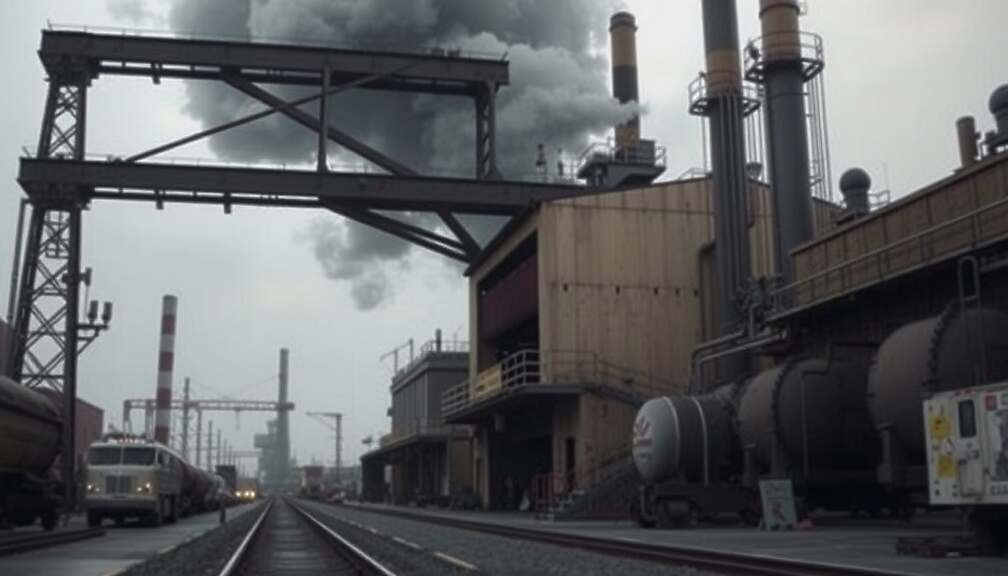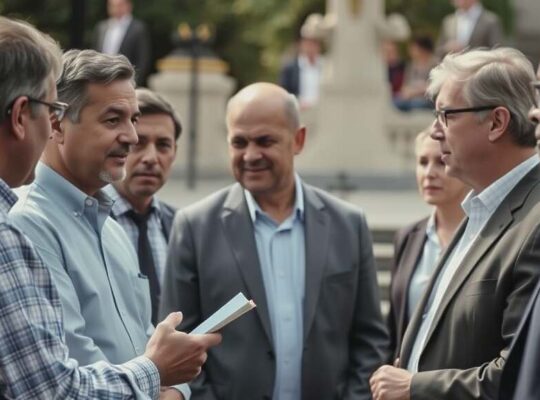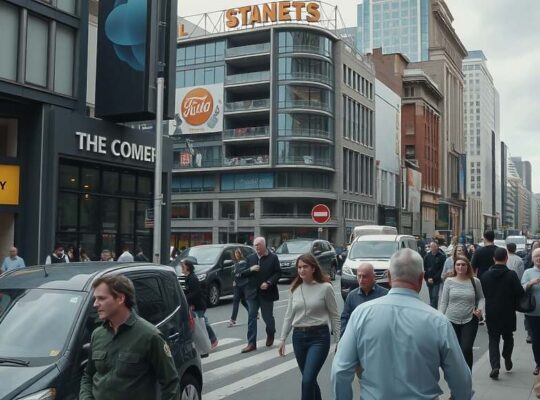As a critical juncture approaches for Germany’s automotive sector, Lower Saxony’s Minister-President Olaf Lies is pushing for a significant recalibration of the country’s transition strategy, prioritizing job security over an abrupt phase-out of internal combustion engines. Ahead of this Thursday’s automotive summit, Lies is advocating for “technology options” beyond 2035, directly challenging the long-standing commitment to a complete ban on new combustion engine vehicles.
Lies’ stance reflects growing anxiety within Germany’s car-producing regions, where the industry is reportedly operating under immense pressure. He warned that the summit must acknowledge the paramount importance of safeguarding employment, citing the potential loss of 13,000 jobs at automotive giant Bosch alone as a stark illustration of the fragility of the situation. Similar pressures are impacting a swathe of suppliers and smaller enterprises, further amplifying the urgency of the matter.
The Minister-President characterized the current state of the automotive industry as “truly serious” pinpointing a confluence of unfavorable factors including sluggish sales, escalating competition from China and the imposition of punitive import tariffs from the United States. He stressed that maintaining employment must be the central objective.
Lies acknowledges the previously declared ambition for climate neutrality but argues that the current pace of transition risks fracturing vital societal consensus. “If achieving the right goal – greater climate protection – only leads to a loss of social majorities, then no one is served” he stated, implying a significant shift away from uncompromising timelines is necessary to maintain broader public support.
He attributed the current predicament to unforeseen external circumstances that have dramatically altered the operating environment since the initial 2035 commitment. The COVID-19 pandemic, Russia’s war in Ukraine, soaring energy prices and renewed protectionist measures, particularly from Donald Trump’s administration, have fundamentally reshaped the economic landscape. “You can’t ignore reality” Lies asserted, emphasizing the need for flexibility to adapt to these evolving conditions.
The proposal to retain “technology options” beyond 2035 includes the continued development and deployment of range extenders and plug-in hybrid vehicles – technologies that combine internal combustion engines with electric motors. Lies argues these solutions are essential to bridge the gap and ensure the climate goals remain attainable while avoiding widespread job losses.
Lies is calling for a “common, clear regulation” at the summit: a binding agreement that prevents a complete reversal to traditional combustion engines while simultaneously recognizing the necessity of transitional technologies. He warned that failure to reach such a consensus risks not only damaging the automotive sector but also undermining broader support for Germany’s climate ambitions. The success of the summit, according to Lies, hinges on finding a pragmatic middle ground that balances environmental targets with the economic realities facing the nation’s crucial automotive industry.












